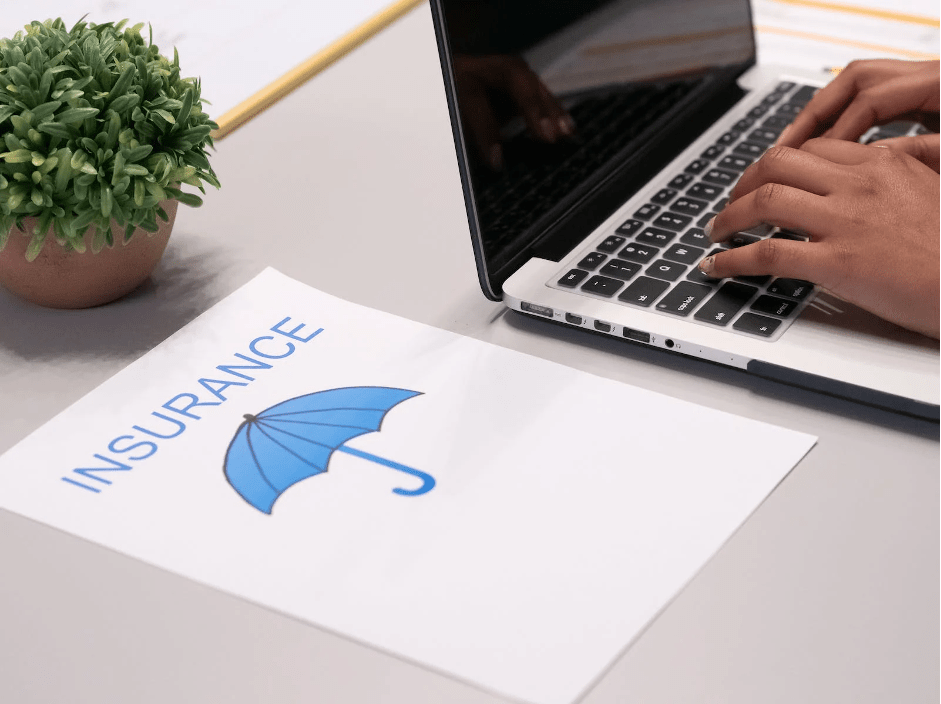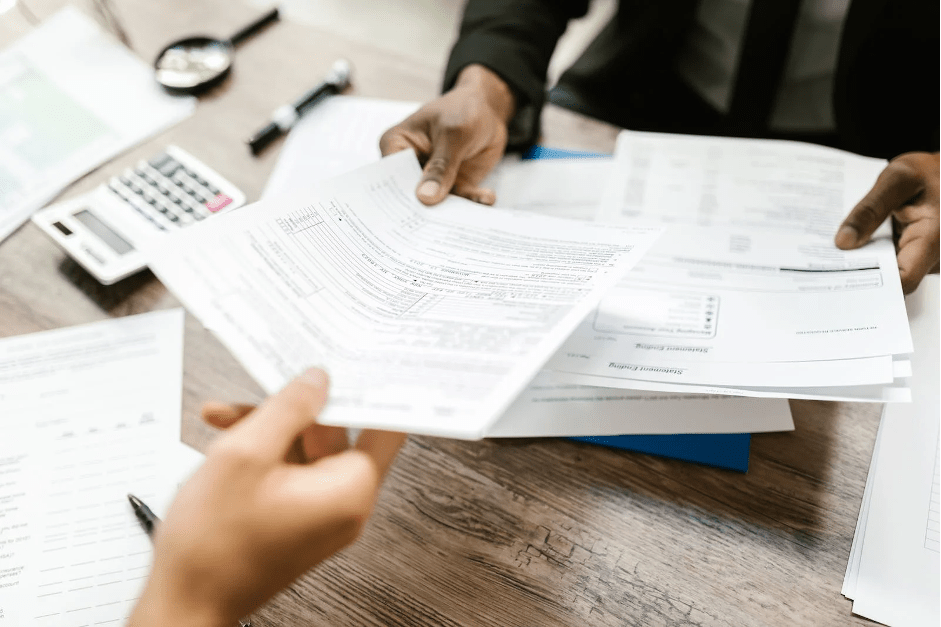
No one expects to be involved in a car accident, but when it happens, the stress and confusion can be overwhelming. One of the most daunting tasks after an accident is dealing with insurance companies. With so much information to process and paperwork to fill out, it can seem like an uphill battle. Fortunately, there are some tips that you can use to make sure your claim goes smoothly and get the compensation you need for damages caused by the accident. Here are 8 top tips for dealing with insurance companies after a car accident.
1. Hire a Lawyer
Hiring a lawyer is one of the best things you can do when dealing with insurance companies after a car accident. Not only will they be able to provide invaluable legal advice, but they can also represent your interests and make sure that all of your paperwork is filled out correctly. For example, you can find a Denver auto accident attorney if you live in the area. A lawyer who specializes in auto accidents is familiar with the process and can handle the negotiations for compensation on your behalf. They have the experience to determine what kind of settlement might be fair and how to get it for you.
2. Gather all the necessary documents and information about the accident
It is important to be organized and have all your documents and information ready before dealing with insurance companies after a car accident. You will need to provide the insurance company with personal information, as well as detailed information about the accident itself. Gather documents such as police reports, photos of any property damage or injuries you suffered, bills related to the accident, medical reports detailing your treatment, witness statements if available, and anything else that might help you make a claim.
3. Take pictures of any damages to your vehicle or property
Insurance companies rely on evidence to determine who is at fault for an accident, and pictures are a great way to support your claim. If you can, take photos of the crash scene from multiple angles so that it’s clear what happened. Additionally, it’s important to take pictures of any property damage, such as smashed windows or dented fenders. This will help the insurance company better assess the level of coverage needed for repairs. Be sure to store these photos in a safe place until after your case is resolved.
4. Contact your insurance company as soon as possible after the accident
Make sure to get the contact information of all other parties involved in the accident. Provide your insurance company with all relevant details about the accident, including a description of what happened and any photos or videos you may have taken at the scene. Additionally, remember to keep copies of all documents related to the accident on hand in case they are requested by the insurance company. Having this information can help speed up the claims process and ensure that you receive fair compensation for damages.
5. Be honest when providing information to the insurance company
Overstating the amount of damage or inflating medical expenses can lead to an investigation and potential legal action against you. Always be truthful when describing the details of your accident and any damages or injuries to yourself or other parties involved. Additionally, never sign a document that contains inaccurate information; doing so could put you in even more trouble later on. It’s also important to keep all receipts, invoices, and other documents related to the accident as proof of your honesty.
6. Keep records of all communication with the insurer, including phone calls, emails, and letters
It is important to keep track of the time, date, and who you spoke with for the insurer. Additionally, document any promises made by the insurance company during these communications so that there is a record of them should you need them in the future. Keeping organized records will help ensure that no miscommunication or omitted information occurs later on in your claim process. While it might seem like a tedious task, these records will be invaluable if your claim goes to court.
7. Follow up regularly with your claim if you don’t hear back from the insurer in a timely manner
If you still haven’t heard back from your insurance company regarding your claim after a car accident, don’t be afraid to reach out and follow up. You may need to call or email several times before the insurer is able to respond with any information, but it’s important that you stay persistent in order for them to take care of your claim as soon as possible. Be sure to write down the name of whoever you speak with each time so that if they do not provide an answer, you can contact someone else at the company who may have better luck.
8. Consider filing a lawsuit if your claim is denied
If your claim is denied, or you feel the insurance company has not treated you fairly, then consider filing a lawsuit. It may be possible to sue for damages such as medical bills, lost wages, and pain and suffering. However, this should only be done after careful consideration of all other options have been exhausted. There can often be serious financial risks associated with filing a lawsuit – it’s important to find out what these are beforehand so that any potential pitfalls can be avoided. Additionally, speaking to a lawyer before taking legal action is highly recommended in order to get advice on the best course of action in each individual case.

Dealing with insurance companies after a car accident can be a confusing and intimidating process. However, it’s important to remain organized, patient, and honest throughout the entire process. Furthermore, consulting with a lawyer is an invaluable step to take in order to ensure that all paperwork is filled out correctly and your interests are well represented. Following these tips will help make the process of dealing with insurance companies after a car accident less stressful and ensure that you receive the compensation you deserve.












